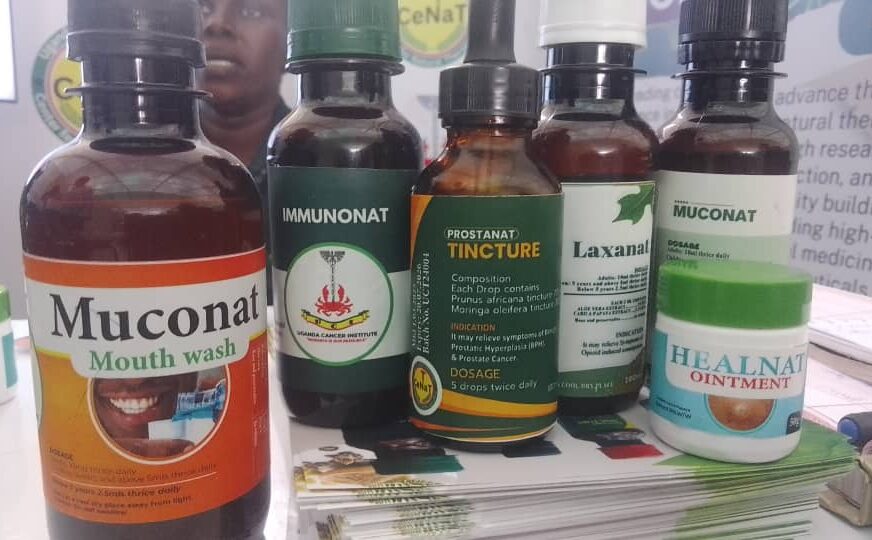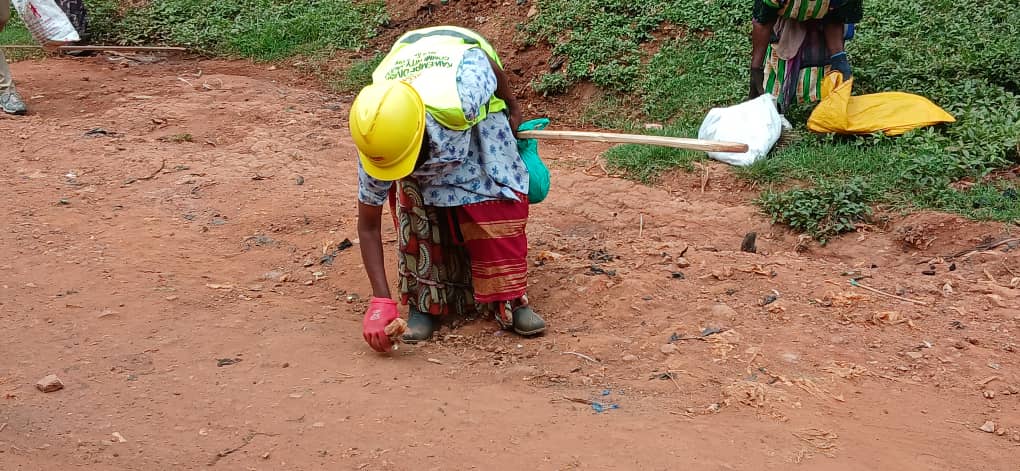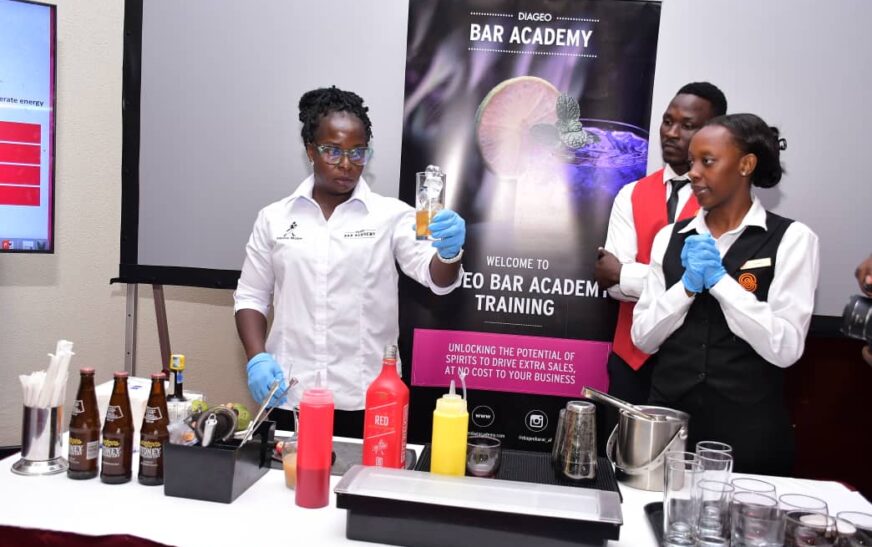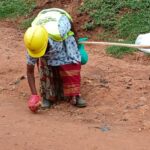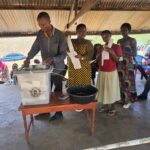In response to the growing cancer burden in Uganda, the Uganda Cancer Institute (UCI) has developed six natural remedies aimed at treating and managing various types of cancer. This innovation seeks to ease the financial strain on patients accessing cancer care services.
UCI offers a comprehensive range of cancer services, including prevention, screening, risk reduction, treatment for newly diagnosed patients, and specialized care for those with advanced cancer. These services encompass chemotherapy, pediatric and adult cancer treatment, surgery, radiotherapy, imaging, palliative care, and information dissemination. Each year, the Institute diagnoses over 30,000 new cancer cases nationwide.
The most prevalent cancers in Uganda include breast cancer, cervical cancer, Kaposi’s sarcoma, prostate cancer, ovarian cancer, liver cancer, leukemia, colon cancer, Burkitt’s lymphoma, and others.
Under its Department of Natural Therapeutics—dedicated to innovating cancer treatment using natural products—UCI pharmacognosists have developed six herbal-based remedies: Tincture, Laxanate, Muconat, Immunonat, Mammanat, and Healnat.
Dr. Boniface Adeka, a pharmacist at UCI specializing in natural medicines, described this development as a potential game changer.
“This is a major opportunity for cancer management in Uganda. Natural products typically present fewer side effects, which is crucial for patient comfort and adherence,” he said.
He further emphasized the economic benefits:“By producing these remedies locally, we reduce costs and stimulate the local economy. For example, while the conventional drug Colfield Rustin costs around Shs 400,000, our alternative—Immunonat—costs just Shs 15,000. This significantly reduces the financial burden on patients.”
Dr. Adeka noted that many imported conventional drugs are often unavailable in local pharmacies, forcing patients to search elsewhere or go without. Natural alternatives can help fill this gap affordably.
UCI’s research is currently supported by a grant from the Ministry of Science, Technology, and Innovation. However, funding remains limited.
“We are calling on the government and other stakeholders to invest more in this innovation. We’re also open to partnerships with scientists who can collaborate in testing and developing these products,” Dr. Adeka added.
The Institute plans to complete lab testing within one year, with the aim of initiating clinical trials thereafter.
“By the end of next year, we hope to have the lab results needed to proceed to clinical trials, where we can test these remedies directly on patients.
Tincture
Tincture is an herbal remedy designed for the chemoprevention and treatment of prostate cancer. Its primary goal in chemoprevention is to help prevent the onset or development of cancer.
It is believed that if a cancerous process has begun, Tincture can help arrest the formation of cancerous cells. The product is intended for adult males who are at risk of developing prostate cancer, particularly those aged 45 and above.
Tincture also works to halt disease progression. For individuals who report to the Cancer Institute or are diagnosed with stage one prostate cancer, Tincture is formulated to help prevent the advancement of the disease to stages two, three, or four.
In addition, it aims to improve patients’ quality of life. Tincture possesses antioxidant properties, which can help counteract the oxidative stress often caused by chemotherapy.
Muconat; A Promising Herbal Mouthwash for Cancer Patients with Oral Mucositis
Many cancer patients undergoing chemotherapy experience a painful condition known as oral mucositis. This condition is characterized by sores and inflammation throughout the gastrointestinal tract—from the mouth to the stomach, intestines, and even the anus.
“This is extremely distressing for our patients. In an effort to relieve this suffering, we are developing Muconat, a herbal extract derived from local plants including tamarind, aloe vera, and several others. The product is currently under laboratory investigation. So far, we’re seeing promising results, and we are hopeful that it will soon be available for wider use.”Dr. Adeka said.
Muconat: Herbal Relief for Oral Mucositis in Cancer Patients
Muconat is formulated as a mouthwash aimed at improving oral health, especially for cancer patients undergoing chemotherapy. Many of these patients suffer from oral thrush, foul-smelling wounds, and lesions on the tongue and other areas of the mouth.
“This product is intended to help reduce oral infections, promote the healing of mouth sores, and improve overall oral hygiene,” Dr. Adeka explained.
Immunonat: Supporting Immune Recovery During Chemotherapy
Most patients receiving chemotherapy experience a common side effect called neutropenia, a condition where the body has an abnormally low count of neutrophils—a type of white blood cell essential for fighting bacterial infections. This occurs because chemotherapy suppresses bone marrow function. The bone marrow is responsible for producing vital blood cells, including red blood cells and white blood cells.
“Neutrophils play a key role in protecting the body from bacterial infections, but chemotherapy often severely reduces their numbers,”Dr. Adeka noted.
Immunonat is designed to support the regeneration of neutrophils by enhancing bone marrow activity. This allows patients to better withstand the effects of chemotherapy and continue with their treatment schedules.
“One of the major challenges with neutropenia is that it can delay cancer treatment.If a patient is scheduled to receive chemotherapy every three weeks but develops neutropenia after the second cycle, the third cycle must be postponed until their neutrophil count recovers. This interruption can negatively impact treatment outcomes.”Dr. Adeka said.
“If a neutropenic patient contracts an infection, they are at high risk of severe complications—even death—because their immune system is too weak to fight off the invading bacteria.” he said.
Mammanat: A Natural Supplement for Breast Cancer Support
Mammanat is a herbal formulation made from soursop, ginger, and other natural ingredients. It is designed for both the prevention and complementary treatment of breast cancer, particularly in women at risk or already undergoing chemotherapy.
“We recommend Mammanat for women at risk of developing breast cancer, as well as for those currently receiving treatment,” said a spokesperson. “It is intended as an adjunctive therapy—meant to work alongside conventional chemotherapy to support the patient’s overall treatment process.”
Healnat: Advanced Herbal Support for Cancer-Related Wound Care
Healnat is a topical herbal ointment developed to assist in the management of chronic wounds in cancer patients.
“One of the major challenges we face in cancer management is wound care,” the spokesperson explained. “Many breast cancer patients, especially those in advanced stages, develop extensive wounds. Unfortunately, some have already been treated with a wide range of antibiotics, leading to resistance. As a result, many conventional bacterial ointments are no longer effective.”
Healnat contains both antibacterial and wound-healing properties and is specifically formulated to treat wounds infected with multi-drug-resistant bacteria. It is expected to greatly improve wound management for cancer patients, especially in cases where standard treatments have failed.

